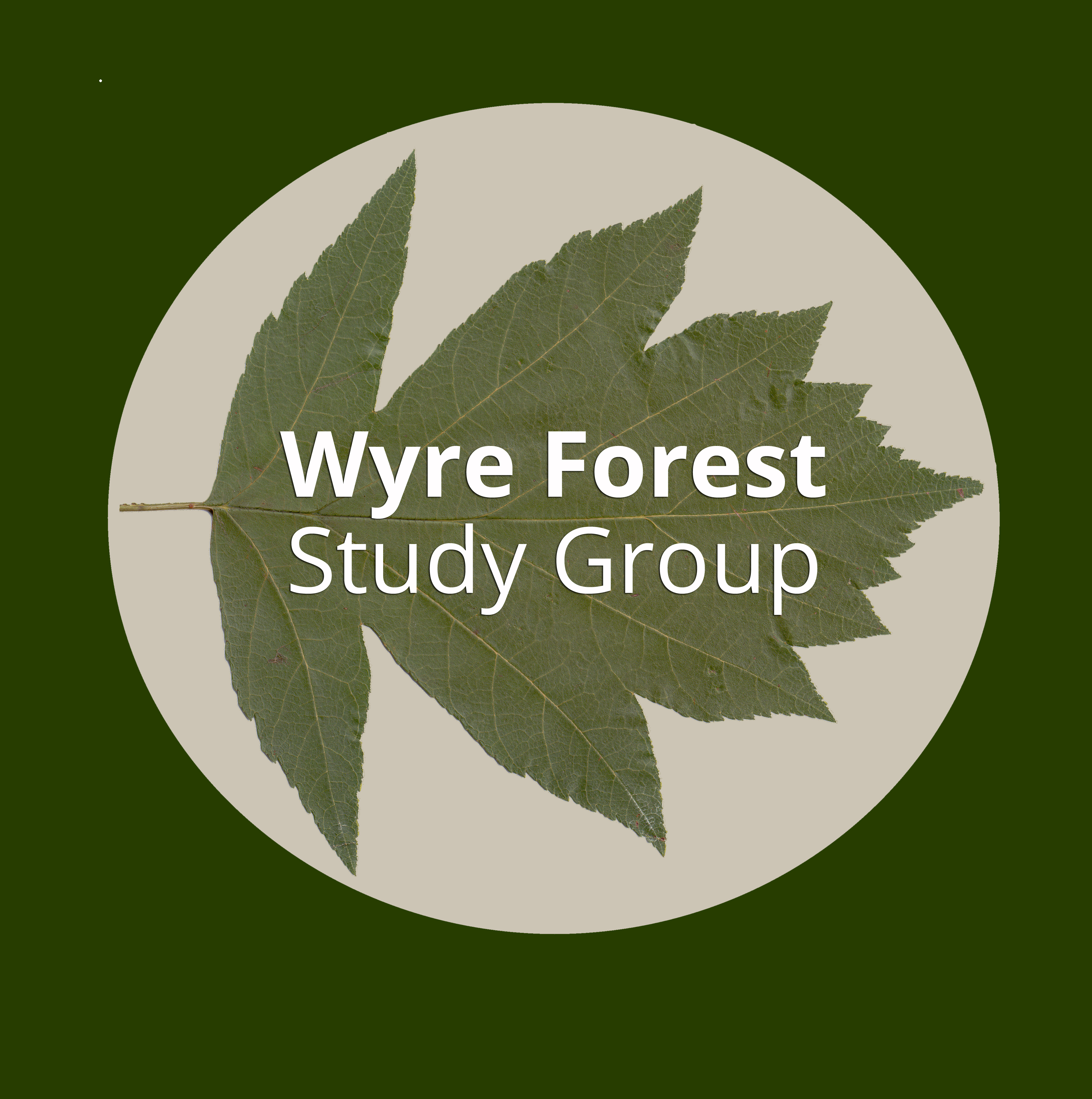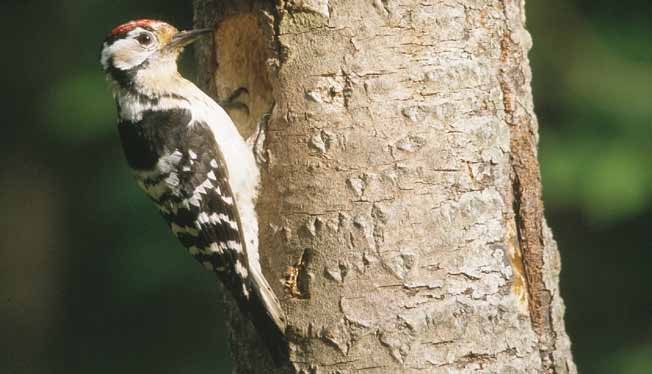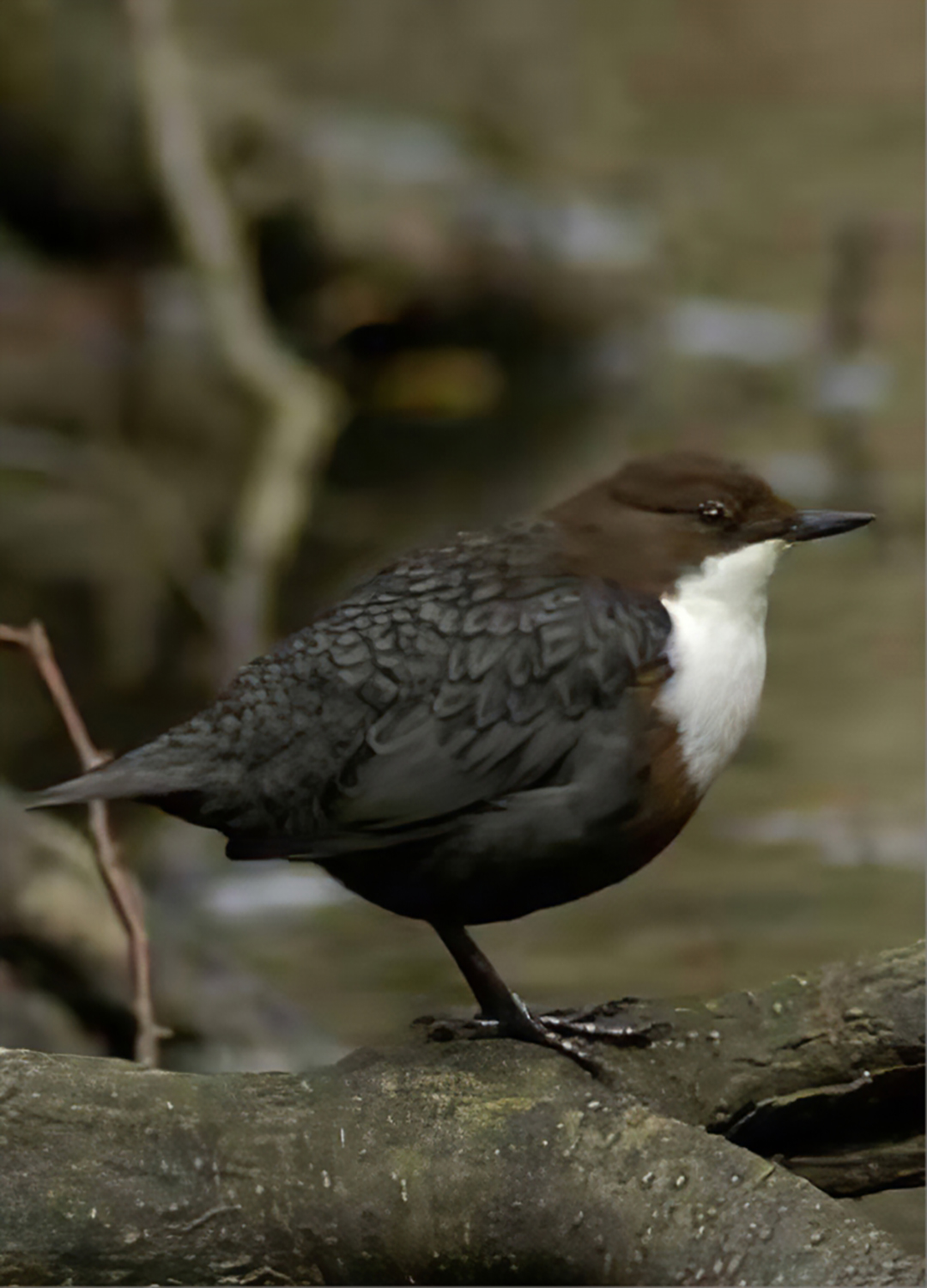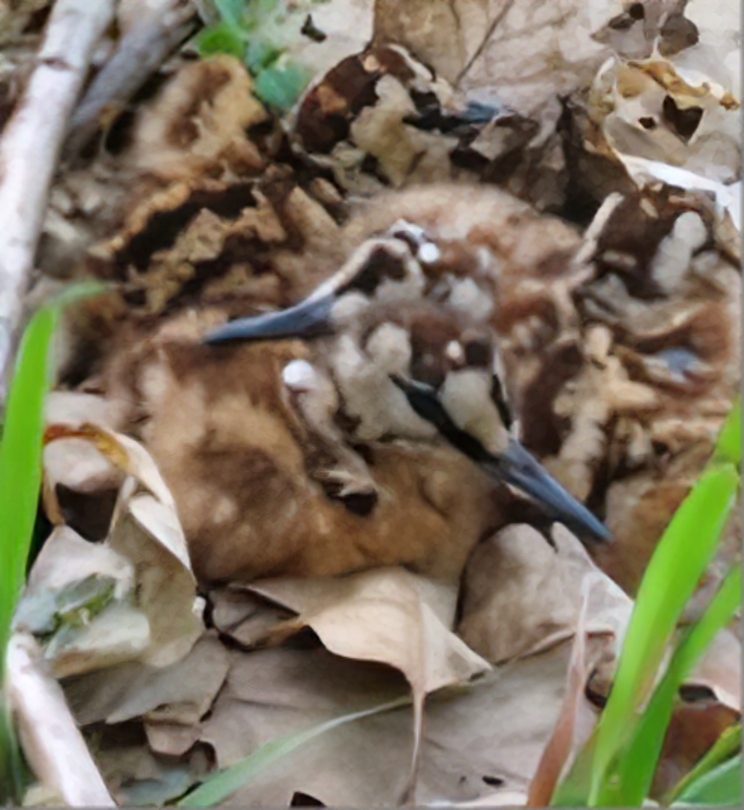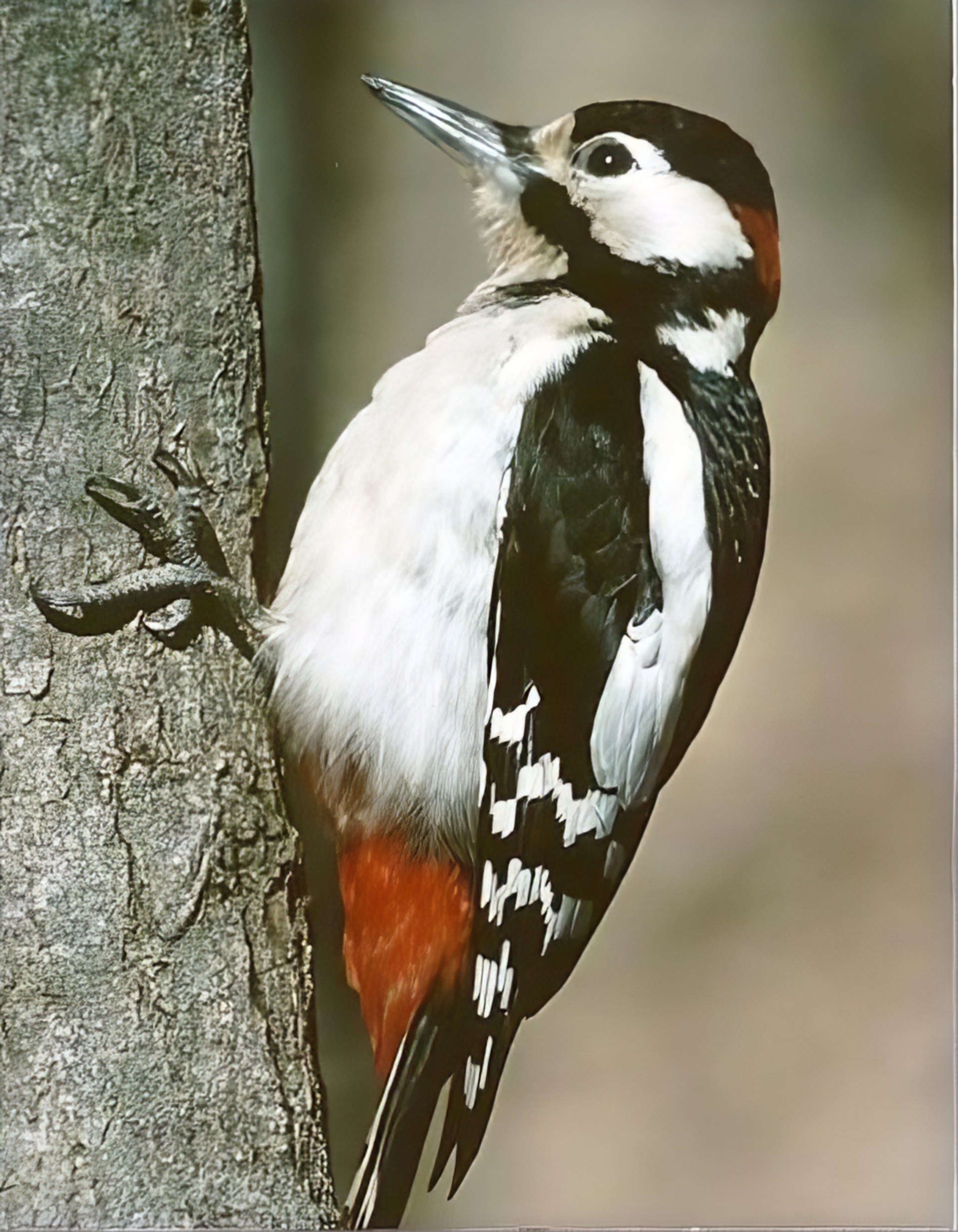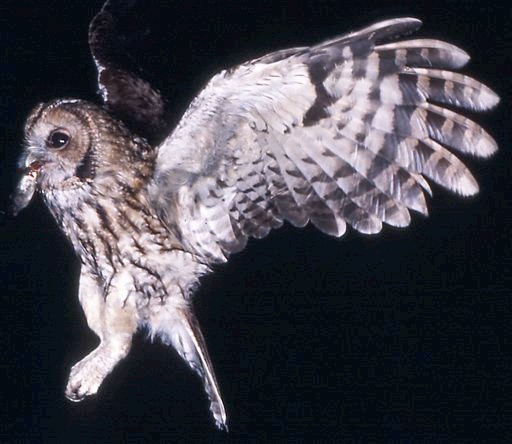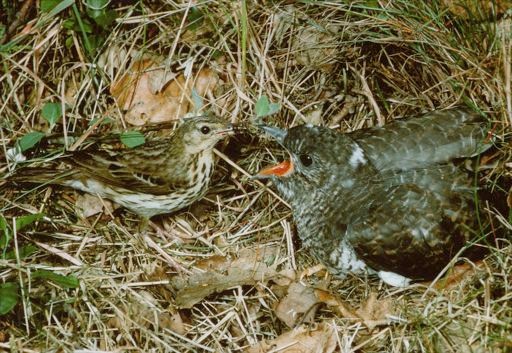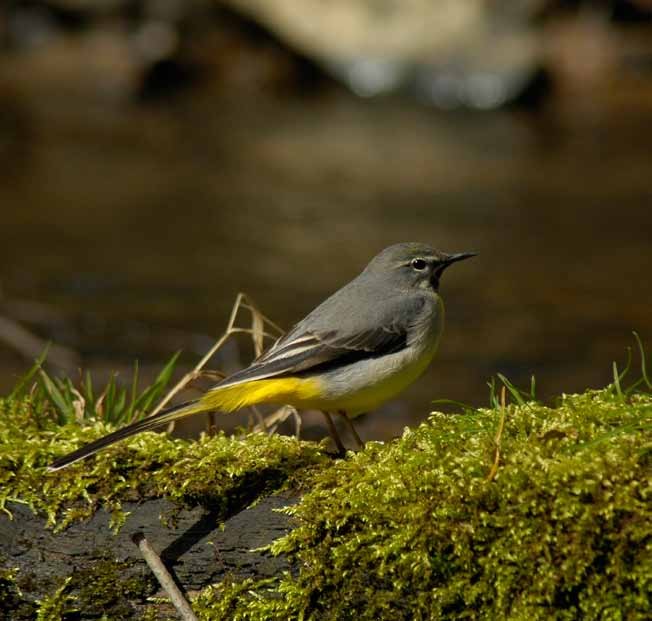Wyre Forest Study Group – Bird articles
(Note – PDF articles may not display correctly in FireFox web browser)
Bewdley Swans – Rosemary Winnall
Rosemary Winnall has been recording and researching, the swans she sees on the River Severn at Bewdley. It makes for interesting reading.
(From Wyre Forest Study Group REVIEW 2021)
Peter Freeman’s ode to the Mistle Thrush.
(From Wyre Forest Study Group REVIEW 2021)
Peter Freeman’s poem about the humble Woodpigeon.
(From Wyre Forest Study Group REVIEW 2021)
Breeding Birds in Nestboxes, Wyre Forest, 2010-2019 – Rosemary Winnall & Andy Spencer
Prompted by an emailed question in March 2020 about existing records of successful breeding of Pied Flycatchers in the Wyre, Rosemary recalled that such a study had been undertaken in 2009 by Andy Spencer. Andy had continued his studies of the population dynamics of Redstarts and Pied Flycatchers and was able to update Rosemary with some of his findings, together with information of some more unexpected occupants of the nestboxes over the last 10 year period.
(From Wyre Forest Study Group REVIEW 2020)
Special 2019 Records from Fastings Coppice – Jonathan Cartwright
A collection of photographs taken by Jonathan Cartwright, evidencing some of the more unusual and special sightings that he was able to record at Fastings Coppice in 2019.
(From Wyre Forest Study Group REVIEW 2019)
Hawfinches in and around Bewdley – Rosemary Winnall and Brett Westwood
The autumn and winter of 2017/18 saw the biggest influx of Hawfinches into the British Isles in living memory and hopes are high that this will boost a dwindling population nationally. Rosemary Winnall and Brett Westwood explain more about the natural history of this fascinating bird in the Wyre Forest.
(From Wyre Forest Study Group REVIEW 2017)
Eliot Howard and Bird Territory – Brian Stephens
Eliot Howard (1873-1940), through his studies of birds on Hartlebury Common, helped our understanding of their territories. Around the same time, his friend Edgar Chance discovered the secret of the Cuckoo at Pound Green Common.
(From Wyre Forest Study Group REVIEW 2015)
Craig Reed describes how his descriptions and photographs of a female Parrot Crossbill in the Wyre Forest resulted in this being accepted by the Shropshire rare birds committee, a first for the Wyre Forest and the West Midlands.
(From the Wyre Forest Study Group REVIEW 2014)
Jane Pope describes some of the highlights of the Wyre Forest Study Group’s annual circular walk between Trimpley and Arley in Jan 2014, and lists the 58 bird species recorded.
(From the Wyre Forest Study Group REVIEW 2014)
Wildlife Photography, how it all began – John Robinson
John Robinson has been interested in wildlife and photography since childhood and he writes about how this all developed.
(From the Wyre Forest Study Group REVIEW 2014) (Note – best viewed with Microsoft Edge browser)
Gary Farmer describes our December field meeting during which we were treated to great views of not just Common Crossbills, but also Two-barred Crossbills, rarely seen visitors from Russia!
(From the Wyre Forest Study Group REVIEW 2013)
Brett Westwood led a Study Group field meeting on 26th February 2011 to look for woodpeckers and other birds in Wyre, and he records the occasion.
(From the Wyre Forest Study Group REVIEW 2013)
Dr. Elisabeth Charman and Steve Dodds from the Royal Society for the Protection of Birds, describe their research project which aims to find out why Lesser Spotted Woodpeckers are declining nationally. The Wyre Forest is one of their three study areas.
(From the Wyre Forest Study Group REVIEW 2011)
White Mandarin Duck at Trimpley – Brett Westwood
Brett Westwood describes the presence of a white Mandarin Duck within a flock on the River Severn at Trimpley, with photographs by John Bingham.
(From the Wyre Forest Study Group REVIEW 2010) (Note – best viewed with Microsoft Edge browser)
Andy Spencer describes his ongoing work to study the population dynamics and survival rates of Redstarts and Pied Flycatchers in the Wyre Forest.
(From the Wyre Forest Study Group REVIEW 2009)
It was with enormous surprise that the author spotted a live Gannet in the middle of the Wyre Forest in July 2008! The article describes how it was captured, and then cared for by the Vale Wildlife Hospital and later the RSPCA before being eventually released at sea.
(From the Wyre Forest Study Group REVIEW 2009)
Rosemary Winnall and Paul Reade decribe how they encountered a Woodcock Nest in Wyre.
(From the Wyre Forest Study Group REVIEW 2007)
Waxwings come to Wyre – The author describes the presence of 66 Waxwings in her back garden, 2 of which were colour ringed. Other 2005 records from the vicinity are noted.
(From the Wyre Forest Study Group REVIEW 2009)
Neville describes finding a Woodcock nest and what happened to it in the following days
(From the Wyre Forest Study Group REVIEW 2004)
Woodcock Survey in the Wyre Forest Area – In 2003, Jim Martin of the British Trust for Ornithology ran a breeding Woodcock survey across the UK. Jim describes the survey methods and results of his survey in Wyre.
(From the Wyre Forest Study Group REVIEW 2003)
Observations at the nest sites of Tawny Owls in Wyre Forest provides background information about the Tawny Owl and its evolutionary adaptations to a nocturnal lifestyle. Neville describes his observations of their behaviour at their nest sites in Wyre and mentions some of the other breeding birds in the forest
(From the Wyre Forest Study Group REVIEW 2002)
Bird Surveys in Wyre Forest 2001-2002 – Jim Martin describes the three Breeding Bird Surveys undertaken in the Wyre Forest
(From the Wyre Forest Study Group REVIEW 2002)
In this article Rosemary describes how she located their nest holes and how she recorded the behaviour and nesting success of Woodpeckers in Rock Coppice between 1987 and 1990 . She measured standing deadwood in the 65 hectares of Rock Coppice, mapping its distribution and highlighting the importance of this for saproxylic insect larvae which provide food in the winter for Great Spotted and Lesser Spotted Woodpeckers.
(From the Wyre Forest Study Group REVIEW 2001)
Neville Wilde describes how Edgar Chance discovered and filmed for the first time, the Cuckoos’ secret of laying their eggs in the nests of other birds, by dedicated fieldwork at Pound Green Common between the years 1918 and 1921. Neville goes on to describe his own efforts to photograph Cuckoos and their young in the Wyre Forest.
(From the Wyre Forest Study Group REVIEW 2001)
Bird Surveys in the Wyre Forest in 2000 – Jim Martin describes the bird surveys that he completed during 2000 including the Common Bird Census and Breeding Bird Census. He notes records of interest
(From the Wyre Forest Study Group REVIEW 2000)
Neville Wilde reports on some interesting behaviour that he observed by a Nuthatch being pursued by a Pied Flycatcher in 1993
(From the Wyre Forest Study Group REVIEW 2000)
Michael Harrison describes his 16 year survey of the Dowles Brook using the BTO’s Waterways Bird Survey methodology.
(From the Wyre Forest Study Group REVIEW 2006)
Two-barred Crossbill
Loxia leucoptera
Phil Parsons
Lesser spotted Woodpecker
Dendrocopos minor
Rosemary Winnall
Dipper
Cinclus cinclus
Steve Robinson
Woodcock chicks
Scolopax rusticola
Rosemary Winnall
Great Spotted Woodpecker
Dendrocopos major
Neville Wilde
Tawny Owl
Strix aluco
Neville Wilde
Cuckoo chick being fed by Meadow Pipit
Neville Wilde
Grey wagtail
Motacilla cinereaat
Steve Robinson
